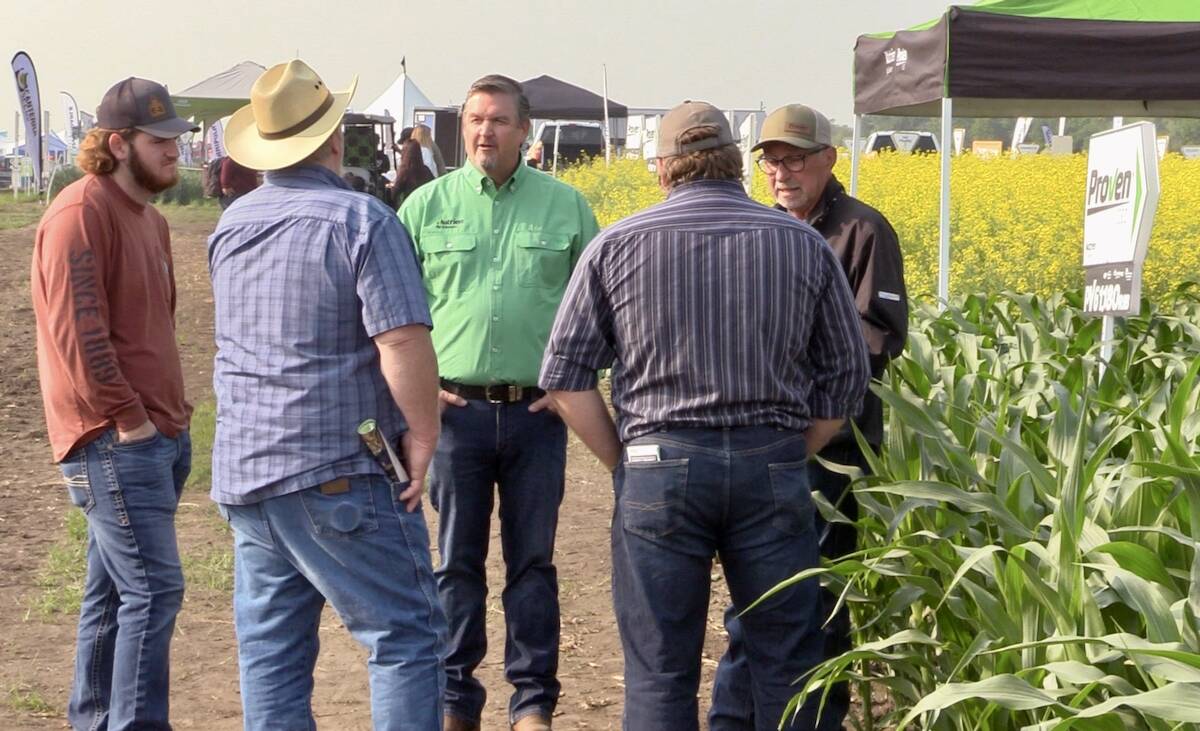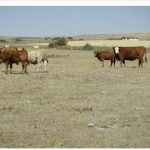Saskatchewan and Manitoba want to tear down the ban on fusarium-
infected grain erected by three Alberta counties and a municipal
district.
But if they expect the Alberta government to support that effort, they
might be disappointed.
Saskatchewan and Manitoba officials say they have consulted with
Alberta about the issue, and are now waiting to see what action the
province will take.
They hope the Alberta government will persuade the municipalities to
abandon their zero-tolerance policies toward imports of
Read Also

Interest in biological crop inputs continues to grow
It was only a few years ago that interest in alternative methods such as biologicals to boost a crop’s nutrient…
fusarium-infected grains.
However, the head of Alberta Agriculture’s pest risk management unit
said last week that his government cannot force the counties and
municipal district to lift their restrictions.
“Under legislation, they can do what they did,” said Shaffeek Ali.
He said his office has not received official statements of concern from
Manitoba or Saskatchewan. To his knowledge, no other counties are
planning similar bans.
It’s difficult to gauge what impact the restrictions are having.
Blair Rutter, Agricore United’s policy development manager, said the
ban is costing his company a potential market for about 100,000 tonnes
of barley, feed wheat and corn.
“There’s no way we can provide assurances that it’s absolutely fusarium
free,” Rutter said. “We’re shut out of those markets.”
Saskatchewan Agriculture deputy minister Hal Cushon said earlier this
month that he sees the Alberta government as being responsible for
taking the lead on the issue. He suggested the zero-tolerance policies
are not based on good science. A spokesperson for Saskatchewan
Agriculture said last week that the department’s position has not
changed.
If negotiations fail to resolve the issue, Saskatchewan and Manitoba
could take action under the Agreement on Internal Trade, which spells
out interprovincial trade regulations.
The 1995 agreement includes rules to prevent provincial governments
from putting up barriers to trade.
Manitoba also is monitoring the situation and is confident it will be
resolved shortly, said Carolynn Osborn, a Manitoba Agriculture policy
economist.
“Alberta is pretty well aware of how this affects Manitoba and
Saskatchewan. They know what our feelings are. That’s no secret.”
While Manitoba and Saskatchewan have concerns with the zero-tolerance
policy, neither province is opposed to the prescribed management
practices established by the Alberta government this fall to offset the
risk of fusarium spreading in Alberta.
That policy has already been revised to include hay or straw, since
imports of those commodities are also viewed as potential sources of
fusarium infection.
















